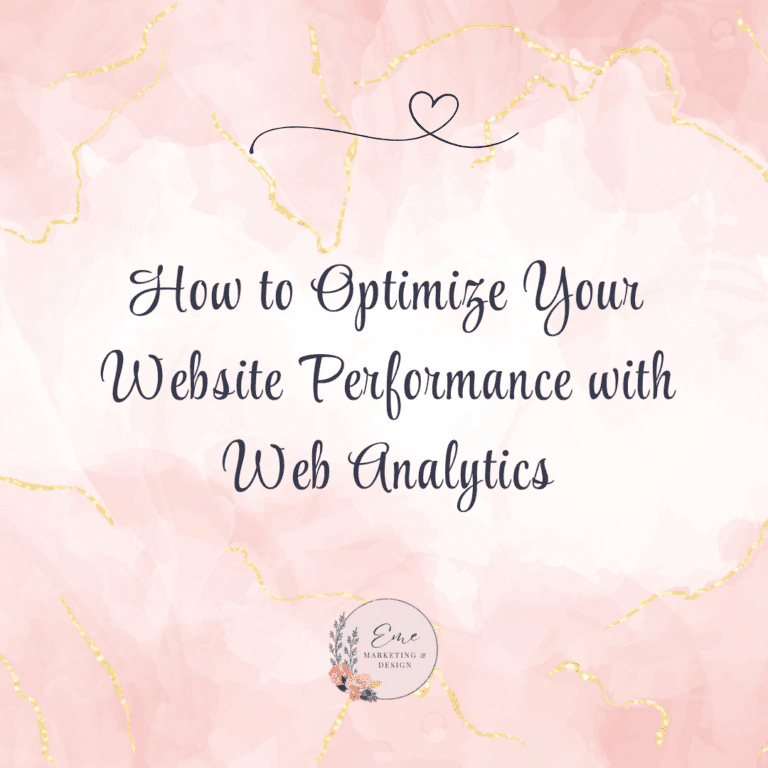
Making informed decisions is crucial for the success of any marketing strategy. Traditional marketing methods often relied on intuition and broad demographic trends. However, with advanced analytics and data-driven methodologies, businesses now have the tools to make more precise, effective and impactful marketing decisions. This blog explores how analytics can revolutionize your marketing efforts, driving growth and optimizing your campaigns.
The Importance of Data-Driven Marketing
Data-driven marketing leverages data collected from various sources to understand customer behaviors, preferences and trends. This approach allows marketers to make more accurate predictions, personalize campaigns and achieve higher ROI. The key benefits of data-driven marketing include:
- Enhanced Customer Insights: Data analytics helps businesses better understand their customers. Marketers can identify patterns and trends that reveal customer preferences and behaviors by analyzing social media data, website interactions and purchase histories.
- Improved Targeting and Personalization: With data, marketers can segment their audience more effectively and deliver personalized content that resonates with specific groups. This leads to more engaging and relevant marketing campaigns, increasing the likelihood of conversion.
- Optimized Marketing Spend: Data-driven marketing enables better budget allocation. By analyzing the performance of different channels and campaigns, businesses can invest more in what works and reduce spending on ineffective strategies.
- Real-Time Decision Making: Advanced analytics tools provide real-time data, allowing marketers to make swift decisions and adjust campaigns as needed. This agility helps them respond promptly to market changes and consumer behaviors.
Essential Analytics Tools and Techniques
Businesses need to employ various analytics tools and techniques to harness the power of data-driven marketing. Some of the most effective ones include:
- Customer Relationship Management (CRM) Systems: CRM systems store and analyze customer data, providing valuable insights into customer interactions and helping businesses manage relationships effectively.
- Web Analytics: Tools like Google Analytics offer detailed insights into website traffic, user behavior and conversion rates. These metrics help marketers understand how users interact with their site and identify areas for improvement.
- Social Media Analytics: Platforms like Facebook Insights and LinkedIn Analytics provide data on engagement, reach, and audience demographics. This information is crucial for tailoring social media strategies.
- Predictive Analytics: Predictive analytics uses historical data to forecast future trends and behaviors. By applying machine learning algorithms, businesses can predict customer actions, such as purchase likelihood or churn risk.
- A/B Testing: A/B testing involves comparing two versions of a webpage or email to see which one performs better. This method helps optimize marketing materials for maximum impact.
Implementing Data-Driven Strategies
Transitioning to a data-driven marketing approach requires a strategic plan and the right resources. Here’s how businesses can successfully implement data-driven strategies:
- Define Clear Objectives: Set clear, measurable objectives for your marketing efforts. These goals should align with your overall business objectives and provide a benchmark for measuring success.
- Collect and Integrate Data: Gather data from various sources, including your CRM, website analytics, social media platforms and customer feedback. Integrate this data into a centralized system for a comprehensive view of your customers.
- Analyze and Interpret Data: Use analytics tools to process and analyze the data. Look for patterns, trends and insights that can inform your marketing strategies. Having skilled data analysts who can interpret the data accurately is essential.
- Develop Data-Driven Campaigns: Create marketing campaigns based on the insights gained from your data analysis. Tailor your messaging, offers and channels to meet the preferences and behaviors of your target audience.
- Monitor and Optimize: Continuously monitor your campaigns’ performance using real-time data. Use A/B testing and other optimization techniques to refine your strategies and improve results.
Real-World Examples of Data-Driven Marketing
Several companies have successfully leveraged data-driven marketing to achieve significant results. Here are a few notable examples:
- Netflix: Netflix uses data analytics to personalize recommendations for its users. By analyzing viewing habits, ratings, and search queries, Netflix can suggest content that aligns with individual preferences, keeping users engaged and reducing churn.
- Amazon: Amazon’s recommendation engine is powered by sophisticated data analytics. Amazon provides personalized product suggestions by analyzing purchase history, browsing behavior and demographic data, driving repeat purchases and increasing customer loyalty.
- Coca-Cola: Coca-Cola uses data analytics to drive its marketing strategies. By analyzing social media trends and consumer sentiment, Coca-Cola can tailor its campaigns to resonate with its audience and stay ahead of market trends.
Challenges and Considerations
While data-driven marketing offers numerous benefits, it also comes with challenges that businesses need to address:
- Data Privacy and Security: With the increasing amount of data being collected, ensuring data privacy and security is paramount. Businesses must comply with regulations like GDPR and implement robust security measures to protect customer data.
- Data Quality: The effectiveness of data-driven marketing depends on the quality of the data. Inaccurate or incomplete data can lead to misguided decisions. Processes are essential to maintain data accuracy and integrity.
- Skilled Personnel: Implementing data-driven strategies requires trained personnel, including data analysts, data scientists and marketing professionals who can interpret and act on the data insights.
- Integration of Data Sources: Integrating data from multiple sources can be complex. Businesses must ensure their systems can seamlessly combine data to provide a unified view of their customers.
Future Trends in Data-Driven Marketing
As technology continues to evolve, data-driven marketing will become even more sophisticated. Here are some future trends to watch:
- Artificial Intelligence (AI) and Machine Learning: AI and machine learning will play a crucial role in analyzing vast amounts of data and making real-time decisions. These technologies will enable more accurate predictions and personalized marketing at scale.
- Customer Data Platforms (CDPs): CDPs will become more prevalent, providing businesses with a unified customer database that integrates data from various sources. This will enhance customer segmentation and targeting.
- Augmented Reality (AR) and Virtual Reality (VR): AR and VR technologies will provide new ways to engage customers and collect data on their interactions. This data will help create immersive and personalized marketing experiences.
- Voice Search and Smart Devices: As voice search and smart devices become more common, businesses will need to analyze voice data to understand customer intent and preferences and adapt their marketing strategies accordingly.
Final Thoughts
Data-driven decisions transform the marketing landscape, offering businesses unprecedented opportunities to connect with customers and drive growth. Leveraging advanced analytics and data-driven methodologies allows enterprises to gain deeper insights, improve targeting and personalization, optimize marketing spend and make real-time decisions. While challenges exist, the benefits far outweigh the obstacles, making data-driven marketing an essential component of any successful marketing strategy. Embracing this approach will enhance your marketing efforts and position your business for long-term success in an increasingly data-centric world.
More Resources
Need guidance with analytics?
With over two decades of experience, we have the knowledge and the tools to help you optimize your marketing strategy.




